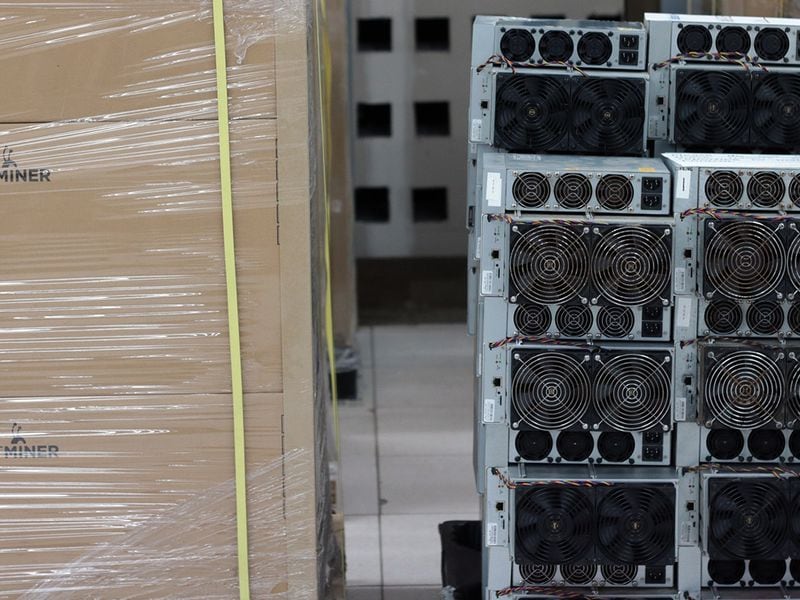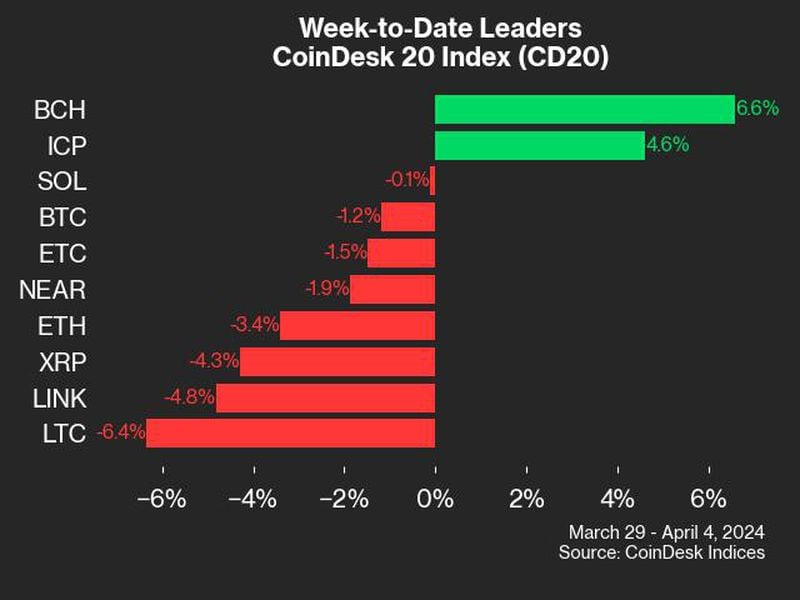Solana Heavyweights Wage War Against Private Mempool Operators
A group of Solana (SOL) validators are facing financial penalties for allegedly facilitating economic attacks against crypto traders.
Over 30 validator operators were kicked off the Solana Foundation Delegation Program over the weekend, a source familiar with the matter said. While they remain validators on the network, they’re no longer eligible to receive what amounted to payout boosters for validating transactions on the Solana blockchain. Many of the operators were Russians, another source said.

00:53
Crypto Investment Products Saw Nearly $2B in Inflows Last Week: CoinShares

18:33
How Venice.ai Differentiates Itself From ChatGPT Through Privacy

10:10
Napster CEO on Decentralization in the Music Industry

01:40
U.S. Added 272K Jobs in May; Semler Scientific Buys $17M More Bitcoin
The purge escalates a months-long shadow war between heavyweights of the Solana validator ecosystem and an underground economy of validators believed to be exploiting traders for profit through what’s known as a “sandwich attack,” whereby bots frontrun and backfill trades that haven’t yet been executed.
It’s among the more notorious maximal extractable value, or MEV, strategies possible on blockchains that rely on mempools, which are essentially waiting rooms for unconfirmed transactions. Solana doesn’t have a native mempool, but the wildly popular validator software developed by Jito Labs once did.
In March, at the height of Solana’s meme coin frenzy, Jito Labs shut off the mempool function because it was exposing traders to near-constant and costly sandwich attacks. Jito’s CEO framed the move as being in the best interest of the Solana ecosystem even if it cut off one potential revenue stream for validators, the server operators who keep things running on this decentralized network.
Rather than completely solve the problem, Jito’s move pushed it underground. Whispers quickly emerged of private mempools whose operators were making at times hundreds of thousands of dollars by enabling sandwich attacks.
One proposal from infrastructure operator DeezNode offered validators who opted into its private mempool 50% of the profits generated by MEV, according to documents reviewed by CoinDesk.
A Jito Foundation governance post from late Sunday indicates 10% of the JitoSOL pool is being delegated to validators running private mempools. The Jito Foundation has proposed imposing further economic penalties on those validators by way of restricting yet more staked SOL.
Solana Foundation’s own delegation blacklist is small as a portion of the delegation program. It targets a total of 32 operators that together had 1.5 million SOL, about 0.5% of program stake, a source said.
“Enforcement actions are on going as we detect operators participating in mempools which allow sandwich attacks,” a representative for the Solana Foundation said Sunday.
Edited by Nick Baker.









